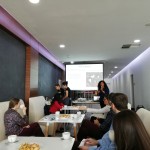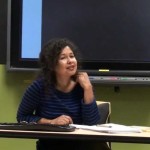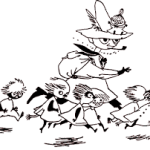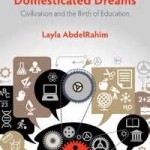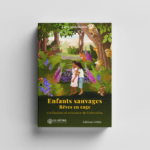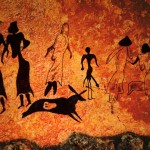
Anthropology
- “Education as the Domestication of Inner Space” in Fifth Estate, Issue 391, Spring/Summer 2014. Translated into Czech, Hindi, Portuguese, Russian, and Ukrainian
- Order and the literary rendering of chaos: children’s literature as knowledge, culture and social foundation – doctoral dissertation on the intersection of humanism with anthropogenic destruction of the world. Interdisciplinary study that spans ethology, anthropology, epistemology, ontology, and other humanist constructs, 2011
- The Mythical Predator – a discussion on the nature of human beings, 5th September 2010
- “Beyond the Symbolic and Towards the Collapse” – Introduction to John Zerzan’s series of conferences and workshops in Montreal, May 2008
- “Conscience, Consciousness, and Scientific Knowledge, or the Evolution of Idiocy: Problems of Natural and Cultural Selection” – Paper presented at the conference in commemoration of Charles Darwin, titled: «Penser la conscience aujourd’hui. Un point de vue anthropologique sur la question», Department of Anthropology, University of Montreal on Friday, 17th April, 2009

On childhood, parenthood and learning
- On Objects, Love, and Objectifications. The Paulinian Compass (refereed scholarly journal), St. Paul University, Manila: Issue #2: June 2009 (First published online in January 2003)
- Modernism and Education: Revised Perspectives on Meaning, Value and Practice. The Paulinian Compass (refereed scholarly journal), St. Paul University, Manila: Issue #3: November 2009 (First published online in May 2003)
- Kaleidoscope (creative non-fiction)
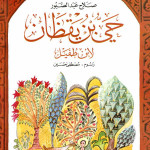
On literature and culture
- Genealogies of Wilderness and Domestication in Children’s Narratives: Understanding Genesis and Genetics in the Untangling of Identity. “The Paulinian Compass” (refereed scholarly journal), St. Paul University, Manila: Vol. 1, No. 4; July 2010
- Response to Critiques of Avatar on Questions of Scientism and Racism – text plus radio talk
]]>
